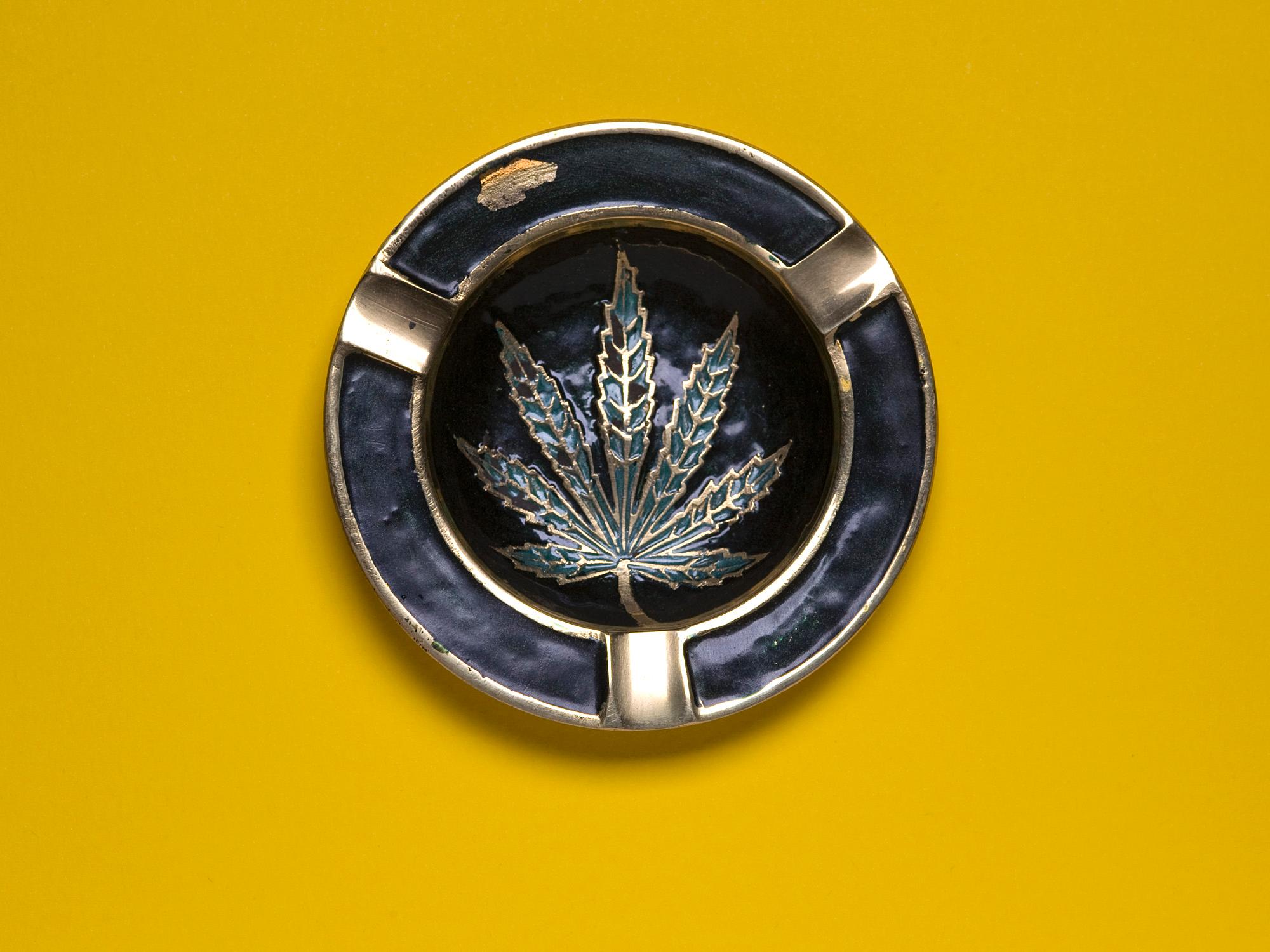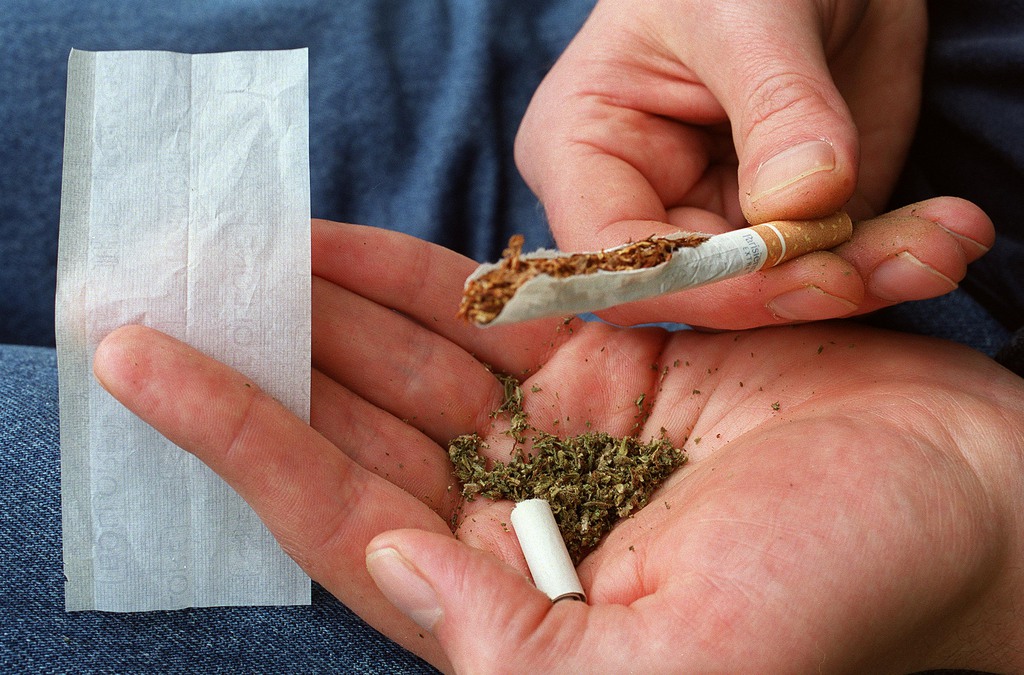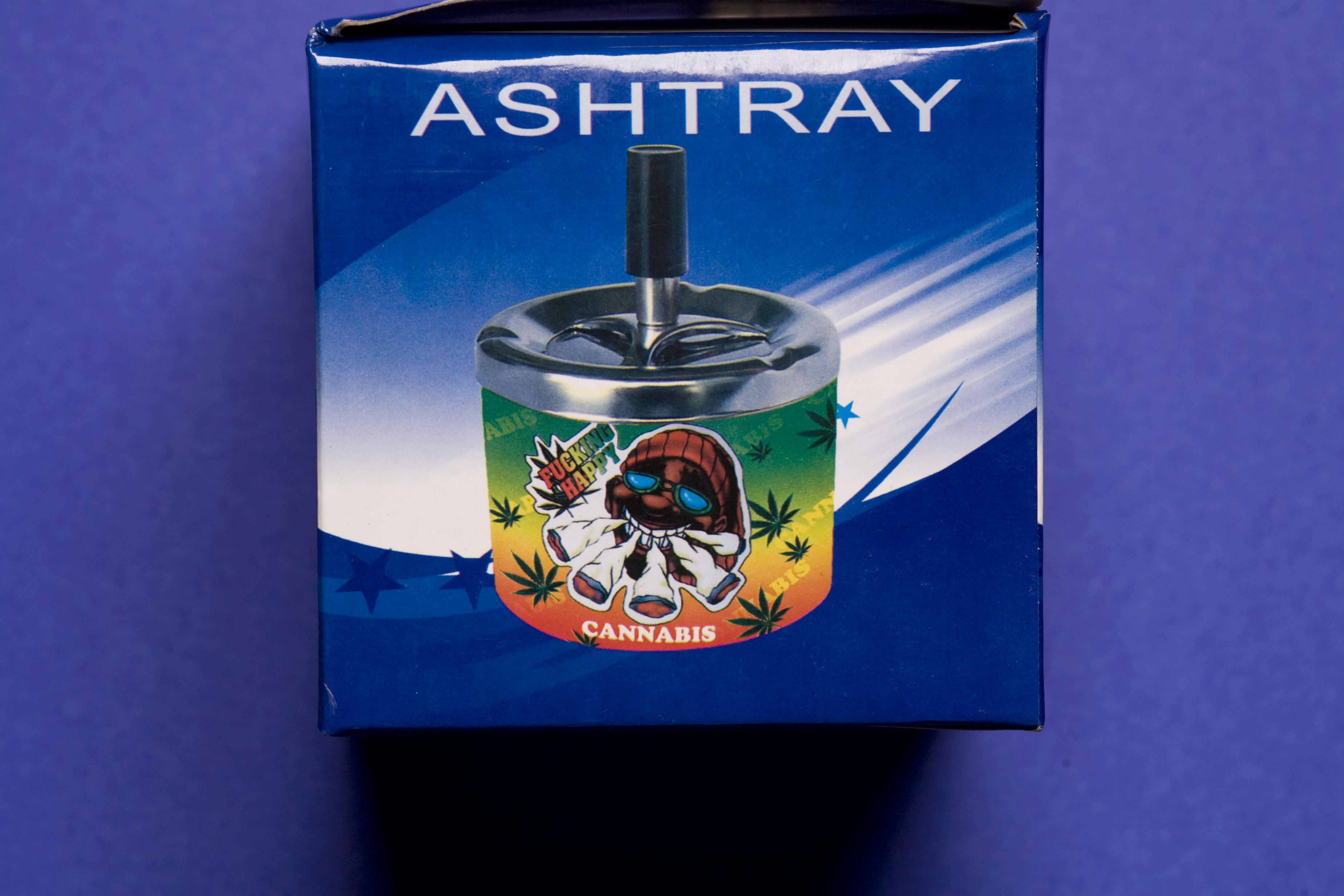Cannabis legalisation returns to Swiss agenda

Switzerland has always played a pioneering role in drug policy. In 1986, it was the first to open shelters for addicts and in 1994 it medically prescribed heroin. Today, its cities are looking at introducing cannabis social clubs – a controversial issue.
Former interior minister Ruth Dreifuss, nicknamed “dealer of the nation” for introducing ground-breaking drug policies, is one of the figureheads of the country’s legalisation campaign. One of her suggestions is to set up cannabis clubs, a concept her native Geneva is spearheading in Switzerland. Larger cities like Geneva, Bern, Basel and Zurich have created an expert working group to map out the details for a potential pilot project.
“We propose experimenting with a possible new model because we need evidence of how the black market, crime and public health would change as a result of regulation,” Dreifuss, also a member of the Global Commission on Drug PolicyExternal link, explained. “The pilot project will give us experience and facts so we can design a new policy.”
The idea is to set up clubs where anyone over 18 can smoke marijuana in a regulated setting. The original concept was conceived in 2005 by the European Coalition for Just and Effective Drug Policies (ENCOD), a pan-European network of 140 NGOs and individuals.
Minor offence
In Switzerland, cannabis is the most frequently consumed illegal drug. About 29% of the population have used marijuana at least once in their lives, according to a recent survey. Up to 500,000, or 5.7% of the Swiss population smoked pot in the past year, thereby committing a punishable, but minor, offence.
While cultivation, trade and consumption of cannabis with more than 1% tetrahydrocannabinol (THC) can be prosecuted in Switzerland, an adult in the possession of less than 10 grams only gets a CHF100 ($104) spot fine – although it may prove tricky for the police to accurately assess weight or content.
In applying the national law, the cantonal authorities can use a so-called discretionary principle. Because of a lack of resources, the police often follow this principle already and do not fine consumers. Should the pilot project happen, cantonal police would not have to legalise cannabis but could merely tolerate its use in social clubs – a typical Swiss balancing act.
Conservative political parties and interest groups believe abstinence and cracking down is the only solution. Larger cities, however, which have to deal with pot-smoking youths on a daily basis, are calling for a more direct approach – market regulation and legalised use for adults.
Legalisation experiments
“We need regulation. No blanket ban, no free-for-all,” said Franziska Teuscher, responsible for education and social affairs in the city of Bern. “For me, the only promising way forward is this pilot project, which will provide facts, not just smoke and mirrors.”
The projects would scientifically investigate the use of cannabis within the existing legal framework, according to Markus Jann of the interior ministry. The federal and cantonal governments are now waiting to receive details of the projects from cities.
Similar to the United States where federal states like Colorado and Washington are experimenting with cannabis legalisation, the Swiss cities involved want to investigate a local solution because a change to the national legislation looks unlikely any time soon.
“The situation is unsatisfactory. It is essential that we make progress and find a solution,” Teuscher said. “We have to deal with this question as a society. For us there is much to gain and nothing to lose.”
Dangerous?
Today, most doctors, drug experts and addiction specialists agree that cannabis can do harm. The consensus is that it can affect cognitive performance and may be harmful for mentally unstable people and youths whose brains are still in development.
The indoor hemp cultivated today also has a much higher THC content than the plants grown in people’s backyards 20 years ago. This may explain why heavy cannabis use is increasingly linked to depressive disorders and schizophrenia.
Although there seems to be unanimity about a potential harm to vulnerable individuals, there is disagreement about its dangers as an occasional recreational drug for adult consumers, its role as an entry drug, addictiveness, potential for violence, accidents and crime – and how to legislate.
“We need to regulate a drug because it has the potential to be dangerous, and not because it might not be,” Dreifuss noted. “If you today had to review cannabis use, ignoring [what we know from] the past 50 years, you would just work out international guidelines and regulate from production to consumption just like for tobacco, alcohol or food.”
Two recent events were symbolic of the two diametrically opposed sides on cannabis legislation: A debate in the capital Bern among leading experts in Swiss drug policy and a discussion among concerned parents and politicians in the lakeside town of Thun.
At the Bern debate, Dreifuss, Teuscher and Toni Berthel, physician and president of the Federal Commission on Drug Questions, called for an evidence-based policy that “reflects reality” and the country’s liberal humanist tradition. “I believe that you shouldn’t be penalised if you don’t harm other people. Repression clearly hasn’t worked for 50 years,” Dreifuss told those present.
Against will and law
Participants leaving the liberal forum were greeted by a group of candle-holding activists from Drug Abstinence SwitzerlandExternal link and Parents against DrugsExternal link, who handed out pamphlets about cannabis’ dangerous effects on physical and mental health.
The latter group’s view is also shared by many rightwing politicians, who not only stress the drug’s dangers, but point out that prohibition discourages some potential users and legalisation would require a change to the law.
“The state would turn itself into a drug dealer if it were to adopt a more liberal stance,” said police officer Andrea Geissbühler, a member of the Swiss People’s Party and president of Parents against Drugs. “Liberalisation would go against the will of the people and violate existing narcotics regulation.”
It’s a view shared by Daniel Beutler, a physician and member of the Federal Democratic Union, an ultra-conservative Christian party. “We had liberalisation 20 years ago, and that didn’t work,” said Beutler, who admitted at the Thun event that he heavily smoked pot in his youth. “I say today: don’t start with that shit.”
History
In 1993, Ruth Dreifuss as interior minister introduced Switzerland’s four-pronged drug policy, which is based on prevention, therapy, risk minimisation and repression, which included the medical prescription of heroin to addicts.
In the same year, Europe’s first hemp shop opened in the capital Bern, followed by others across the country. At the peak of Switzerland’s laissez-faire attitude in 2002, the capital had about 40 shops selling cannabis with the top shop selling up to half a tonne per year.
In 2004, legislators introduced a basis allowing the authorities to close down shops selling cannabis with illegal amounts of the psychoactive substance THC. Today consumption is not tolerated but not always prosecuted.
Youth protection
Youths below the age of 18 would not get access to the proposed cannabis social clubs. Addiction Monitoring in SwitzerlandExternal link estimates that about 9% of the people between the ages of 15 and 19 years have smoked cannabis in the past 30 days, with young men consuming pot more than twice as often as young women.
About 15.4% of Swiss people between the ages of 15 and 34 years have consumed cannabis in the past year, which compares with rates of 11.1% in Germany and 17.5% in France.
According to most experts, the consumption of cannabis should remain illegal for children and adolescents, in the style of tobacco and alcohol legislation. Youths can buy alcohol from the age of 18, beer and wine from 16 and tobacco from the ages of 16 or 18 depending on the canton – in some, however, tobacco is not regulated at all.
In 2008, almost two-thirds of the Swiss people rejected a popular initiative calling for a “sensible” cannabis policy with an effective youth protection – and there is little indication that a similar vote would yield a substantially different result today.

In compliance with the JTI standards
More: SWI swissinfo.ch certified by the Journalism Trust Initiative














You can find an overview of ongoing debates with our journalists here . Please join us!
If you want to start a conversation about a topic raised in this article or want to report factual errors, email us at english@swissinfo.ch.